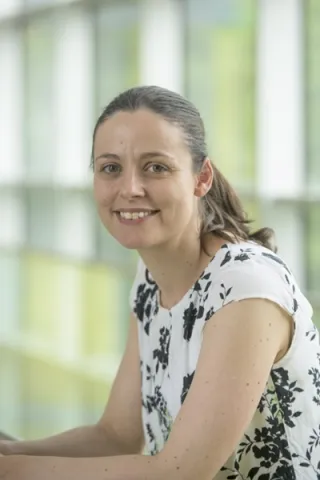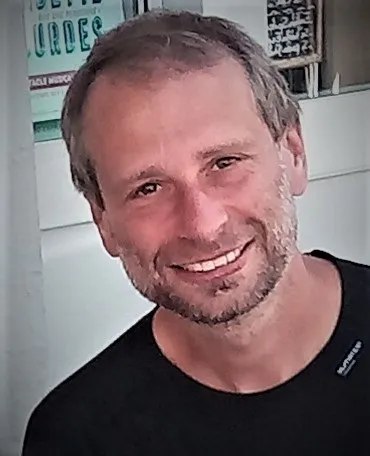About the project
We are looking for a new PhD student to join our growing team, working on the design and development of next generation optical fibres to enable novel distributed gas sensing networks. Key applications include environmental and industrial process monitoring.
In our recently funded project, we are combining our expertise in novel fibre development, laser machining and distributed measurements in order to develop a new gas sensor which will enable fast detection of gas leaks for example, methane, with high spatial resolution, to reduce fugitive emissions and help combat global warming.
We are looking for a student with a background in Physics, Chemistry or Engineering. You will enjoy problem-solving, developing creative solutions and have a passion for experimental work with an enthusiasm to work on an emerging technology from early lab-based experiments into prototype development for field-tests with our partners.
This project is based at the Optoelectronics Research Centre (ORC) at the University of Southampton. The ORC has led the world in optical fibre technology research for the past 50 years and welcomes around 20 new PhD students each year. We collaborate with a wide range of academic and industrial partners, including Microsoft, CERN and Jacobs Clean Energy. With over 90 state-of-the-art laboratories and 200 researchers working in all areas of photonics, the ORC provides an outstanding interdisciplinary environment for students to grow. Its cluster of 12 photonics spin-out companies provides a natural career path for PhD graduates.
In the first year of your PhD, a structured training programme runs alongside the research project, providing a gradual transition from taught degree to open-ended research. Students present their work at international conferences, first-author papers in leading academic journals and emerge with skills at the forefront of glass and fibre optics research. Former PhD researchers have made successful careers in universities worldwide or as industry scientists and business leaders.
If you wish to discuss any details of the project informally, please contact Dr Natalie Wheeler, Gas Photonics in Hollow Core Fibres, n.v.wheeler@soton.ac.ukOur extensive training programme provides knowledge and skills through photonics lectures, training for report writing, project management, time management, presentation skills and full safety training for your research area. These are all essential life skills for the next step in your career.

